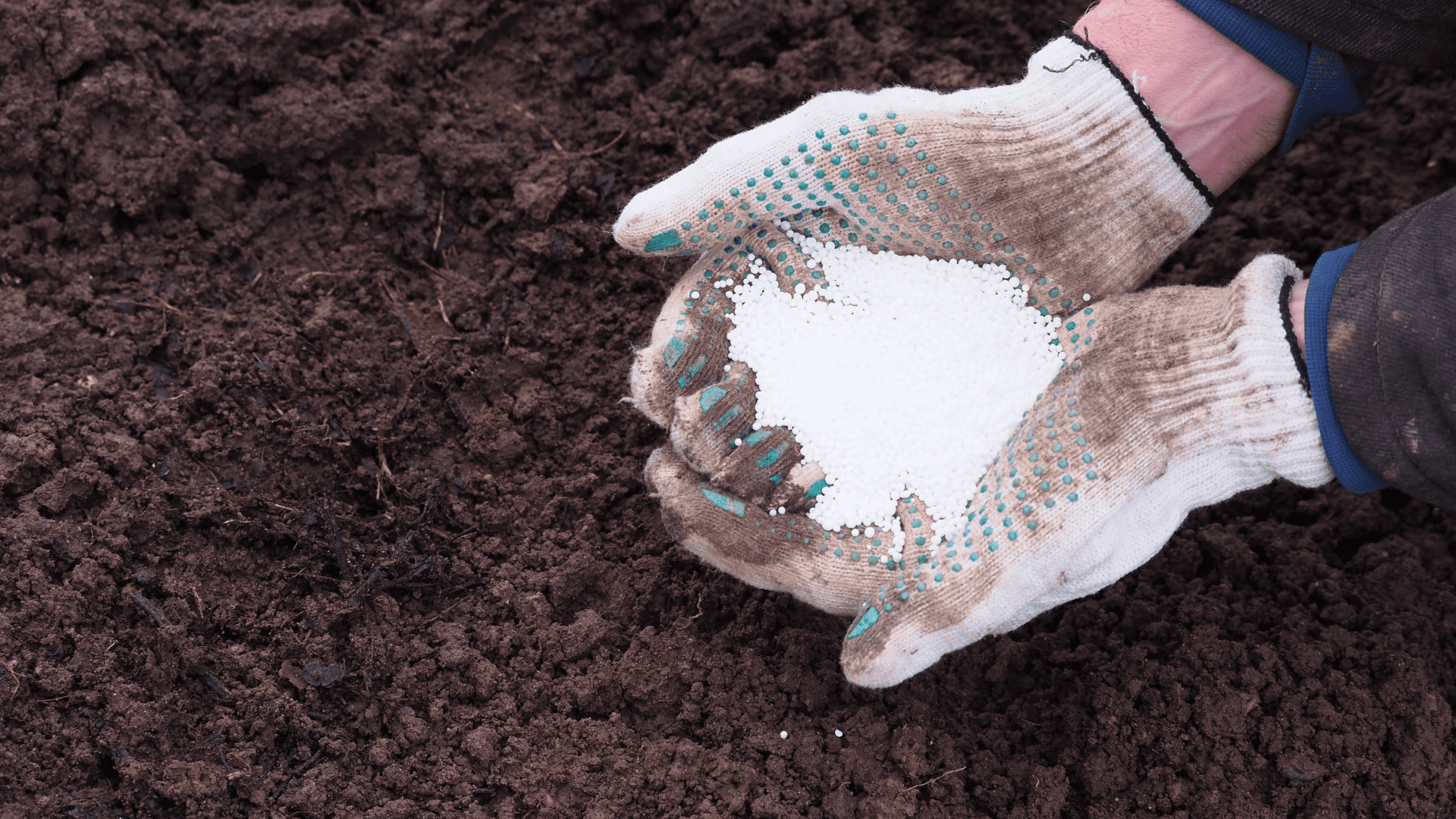Yes, you read the headline correctly. Scientists and researchers are exploring the reuse of human urine as a resource for a more sustainable fertilizer. Researchers believe this would have significant environmental benefits for urban agriculture.
Sustainable Fertilizer

This conclusion is from a study conducted by the Institute of Environmental Science and Technology at the Universitat Autònoma de Barcelona (ICTA-UAB). The study evaluates the environmental impact of nitrogen recovery from buildings’ “yellow waters.” In addition to sustainable agriculture, the benefits extend to reducing CO2 emissions and water consumption.
The global demand for fertilizers for urban agriculture is growing rapidly. According to the Food and Agriculture Organization (FAO), the global demand for nitrogen as a fertilizer grows annually by 1%, which amounts to an increase of 1.074 million tons each year. Finding a way to reduce the reliance on non-renewable resources is a necessity.
Fertilizer production relies heavily on natural gas, oil, and coal.
The study explores extracting nutrients from human urine as a solution to making urban agriculture more sustainable. Human urine is a rich source of nutrients, especially nitrogen. Nitrogen is a valuable resource in fertilizer and agriculture.
Extracting the Nutrients
ICTA-UAB has a pilot plant for nitrogen recovery and a greenhouse where researchers test the recovered nitrogen on tomatoes. The process starts with collecting urine from waterless male urinals, which the researchers store in a specialized reactor. In this reactor, the urine is mixed with a base to regulate its acidity. Then, microorganisms transform the urine’s urea into nitrate, a form of nitrogen found in fertilizer that plants absorb easily.
Researchers use the nitrate to irrigate the hydroponic tomato crops in the rooftop greenhouse. According to the study, “one cubic meter of treated yellow water yields 7.5 kg of nitrogen, which would allow the cultivation of 2.4 metric tons of tomatoes outdoors.”
Although it’s a laboratory-scale study, the results show that fertilizer made from nitrate extracted from urine could benefit the environment. If they can carry out the urine recovery on a larger scale, they would connect all of the building’s urinals to the reactor.







